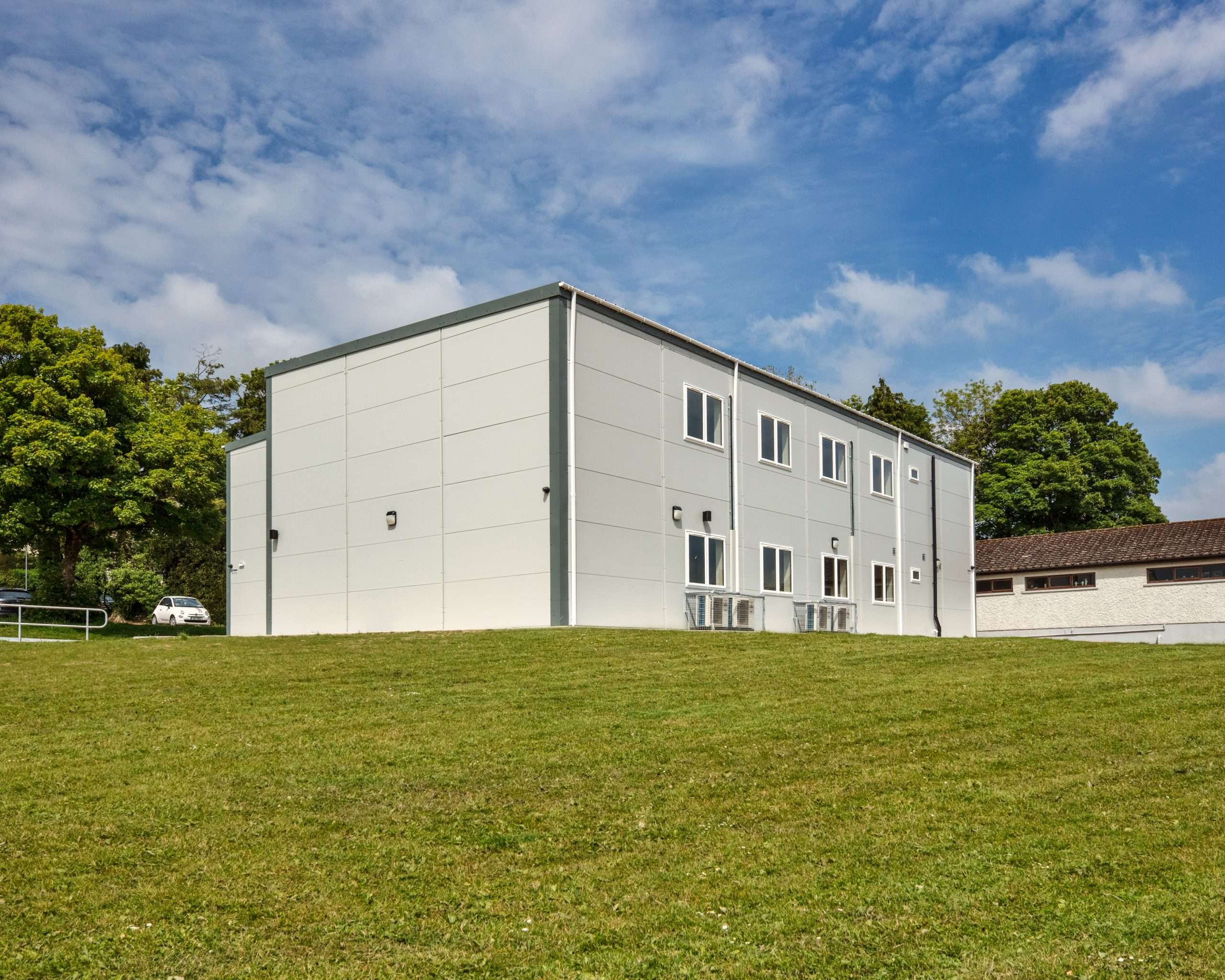It’s no secret that Ireland is currently in the midst of a housing crisis. Affordability and availability are causing huge issues for people and as a country, we have now reached a point where college students here can’t source accommodation ahead of the new academic year and sports clubs are being asked about the availability of their facilities for use as emergency accommodation. With demands placing increasing pressure on an already strained housing market, there remains a solution that as of yet has not been fully embraced in Ireland which would at the very least alleviate some of this pressure. – modular construction.
A “traditional” on-site construction project more often than not will turn out to be a long, drawn-out process, susceptible to delays caused by bad weather and other factors. By comparison, modular construction projects are undertaken primarily offsite, often in a sheltered environment before delivery to and installation at the destination site, meaning delays caused by external factors are taken out of the equation. On average modular projects are completed between 20% to 50% faster and given the time-sensitive nature of the need for new housing, modular construction stands out as an ideal solution.
Modular also presents the opportunity for significant cost savings compared to a conventional build. Some of these savings are achieved through reduced labour costs associated with a shorter building schedule, whilst modern lightweight materials used in modular construction promote energy efficiency and further increase affordability.
As is often the case when new ideas are mentioned there are those who will have doubts. What to do with the modular buildings once demand has subsided was a point recently raised by a government official in Dáil Éireann. The answer is almost anything! Modular builds are highly reusable and if required they can be easily moved to a new location, or disassembled, allowing for building materials to be repurposed.
The current housing crisis is one of the biggest challenges Ireland has faced in generations, however, if an open-minded approach is adopted and innovative solutions are given proper consideration then the situation needn’t necessarily be a hopeless one.

